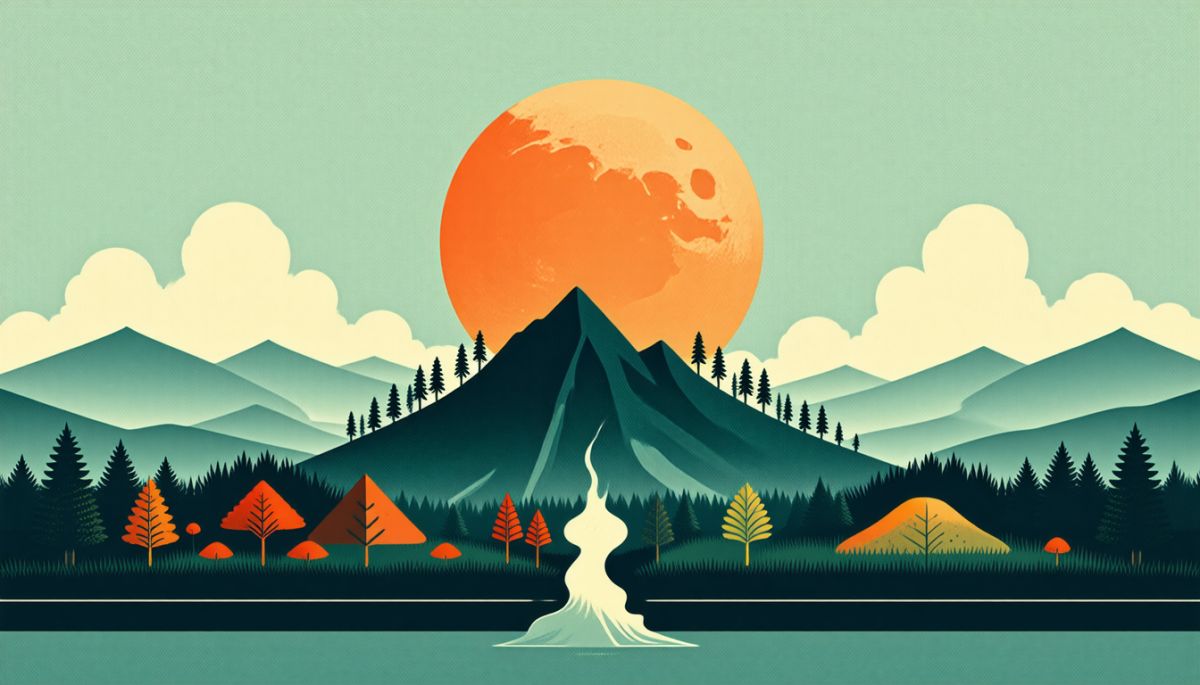Why is our world getting hotter and not cooling down?

Climate Change: Why is our World Getting Hotter and not Cooling Down?
As temperatures continue to rise across the globe, many people are left wondering why our world seems to be getting hotter and not cooling down. 🌍 From melting ice caps to extreme weather events, the signs of a warming planet are becoming more evident. But what exactly is causing this trend and why does it seem to be escalating? Let's explore some of the key factors contributing to the warming of our planet.
Greenhouse Gas Emissions: The Culprit Behind Rising Temperatures
One of the main reasons our world is getting hotter is the increase in greenhouse gas emissions. 🌿 When we burn fossil fuels such as coal, oil, and gas for energy, we release carbon dioxide and other greenhouse gases into the atmosphere. These gases trap heat from the sun, causing the planet to warm up. Over the past century, human activities have significantly ramped up the concentration of these gases in the atmosphere, leading to a phenomenon known as global warming. 🌡️
The burning of fossil fuels for transportation, electricity, and industrial processes is the primary driver of greenhouse gas emissions. Additionally, deforestation and agriculture practices also release significant amounts of greenhouse gases into the atmosphere. As these emissions continue to rise, the Earth's temperature is expected to increase, resulting in various consequences such as sea-level rise, more intense storms, and shifts in ecosystems.
Feedback Mechanisms: Amplifying the Warming Effect
Another reason our world is getting hotter and not cooling down is the existence of feedback mechanisms that amplify the warming effect. 🔄 For example, as the planet warms, ice caps and glaciers melt, reducing their ability to reflect sunlight back into space. This leads to more heat being absorbed by the Earth's surface, further increasing temperatures. Additionally, as permafrost thaws in the Arctic, it releases methane, a potent greenhouse gas that contributes to the warming of the atmosphere.
Feedback mechanisms like these create a vicious cycle that exacerbates global warming and makes it challenging to reverse the trend. As the Earth continues to warm, more feedback mechanisms may come into play, making it crucial to address the root cause of greenhouse gas emissions to prevent further temperature increases.
Impact of Human Activities: Changing the Climate Landscape
Human activities play a significant role in driving global warming and altering the climate landscape. 🏭 The expansion of urban areas, deforestation, and industrial activities have led to changes in land use and the release of pollutants that contribute to the warming of the planet. Additionally, the production and consumption of goods and services on a massive scale have put immense pressure on the Earth's resources, further accelerating climate change.
As populations grow and economies develop, the demand for energy and resources continues to increase, leading to a higher rate of greenhouse gas emissions. Addressing the impact of human activities on the climate will require collective action at the individual, community, and government levels to reduce emissions, promote sustainable practices, and mitigate the effects of global warming.
In conclusion, the warming of our planet is a complex issue with multiple factors contributing to the increase in temperatures. From greenhouse gas emissions to feedback mechanisms and human activities, various elements are at play in shaping the climate landscape. To combat global warming and prevent further temperature rises, it is essential to address the root causes of climate change, reduce emissions, and adopt sustainable practices on a global scale. By working together, we can strive to create a healthier and more sustainable planet for future generations. 🌎🌿🌍








